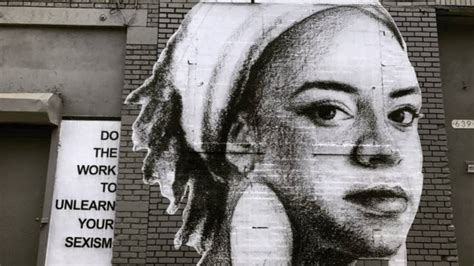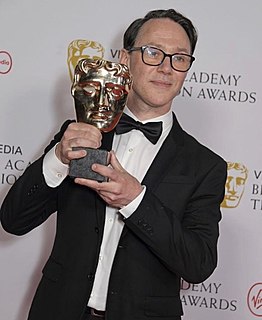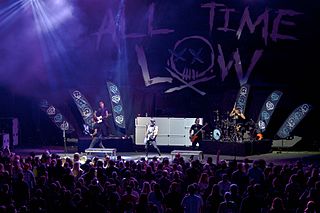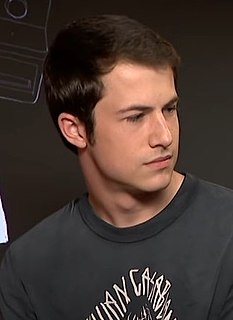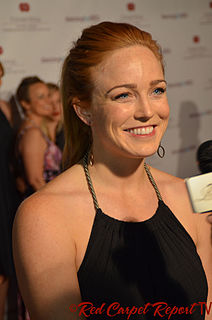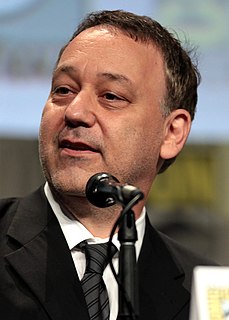A Quote by Sam Neill
If you're making a horror film, it's very important that you have lots of quiet, suspensey, don't-know-what's-happening stuff before you get the big fright.
Related Quotes
'Hereditary' is unabashedly a horror film. In a lot of ways, it's in dialogue with other horror films. But I do know that it was important for me that the film functioned first as a family drama. I know that I'm never affected by anything if I'm not invested in the people to whom the genre things are happening.
I think it's very important to get this stuff on film, not just the behind-the-scenes of the process, but also the interviews with the women. We're going to try to do some on-the-street filming, getting people's reactions to the work, and seeing if we can get some street harassment happening on film so people can see what we're talking about. It's important to have some type of documentation so people can see what happens when we create this artwork and why I'm creating it.
Audiences are very sophisticated and they know the nuts and bolts of the genre - certainly with horror more than others I think. But they attract lots of people, they're much derided as a genre but people go and see them and they're not all dumb. There's some very clever horror films. Stephen King gets a lot of flack for not being a proper writer because he's a horror writer, but I think he writes some brilliant books. I think it's wrong to just bin it before looking at it.
With The Exorcist we said what we wanted to say. Neither one of us view it as a horror film. We view it as a film about the mysteries of faith. It's easier for people to call it a horror film. Or a great horror film. Or the greatest horror film ever made. Whenever I see that, I feel a great distance from it.
The reality is even if you are a hands-on Mayor or Governor or chief executive, at best, you must know about 10 or 20% of what's going on. Otherwise, you never get through the day... I was very hands on, and there's lots of stuff I didn't know, and lots of things that either went wrong or right that I would find out about afterwards.


